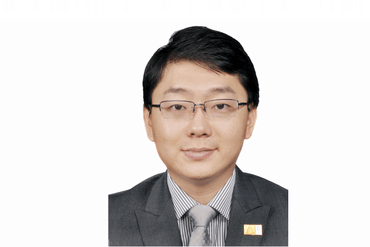Tao, who takes over the reins from , has been head of Huawei Belgium since 2019, where he’s led carrier and enterprise businesses--a role which he’ll also keep, which should allow him to develop further synergies between the two markets.
“My goal is to build on [William Zhang’s] accomplishments and further develop our projects locally,” Tao said in a press statement. “Big challenges are facing our society; with the accelerated digitalisation, the demand for more sustainable answers and ICT talent is increasing.”
Tao’s focus in the new role, according to Huawei, will also include bringing green ICT solutions. Huawei has previously stated that in 2020 it globally, while its use of solar panels and a digital cooling technology have helped reduce power usage in data centres by up to 15%.
Despite Huawei’s overall growth slowing in 2020, the Chinese market helped offset the impact of US sanctions. The multinational tech giant posted global revenue growth year-on-year of 3.8% to 891.4bn yuan ($136.7bn). Net profits were also up by 3.2% to 64.6bn yuan ($9.86bn).
The EMEA region, however, had some : despite capturing the second largest proportion of revenue based on region (20.3%), the figure nevertheless dropped by 12.2% to 180.8bn yuan ($27bn).
Huawei Luxembourg has undertaken several initiatives to be a part of the local ecosystem, including its Seeds for the Future programme, as well as various partnerships and collaborations with local players such as Wide, University of Luxembourg and its SnT centre, IMS, Jonk Entrepreneuren and Fondation Jeunes Scientifiques Luxembourg, to name a few.
Founded in 1987, Huawei operates in more than 170 countries and regions and counts 197,000 employees.
